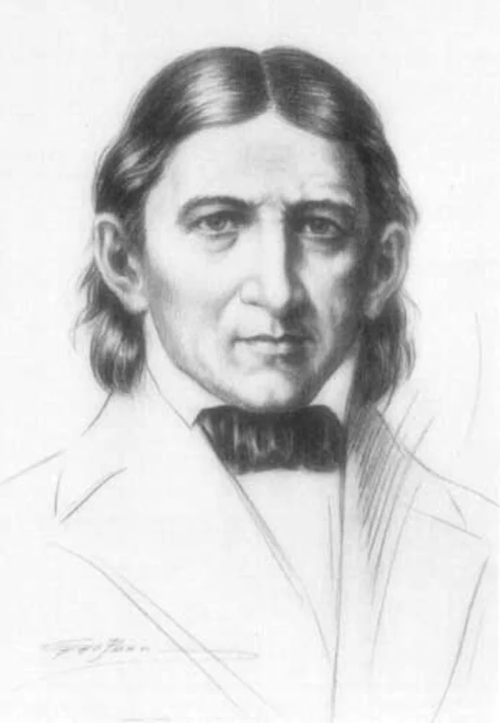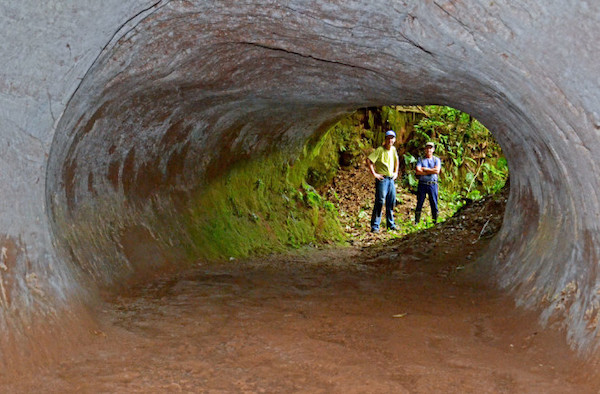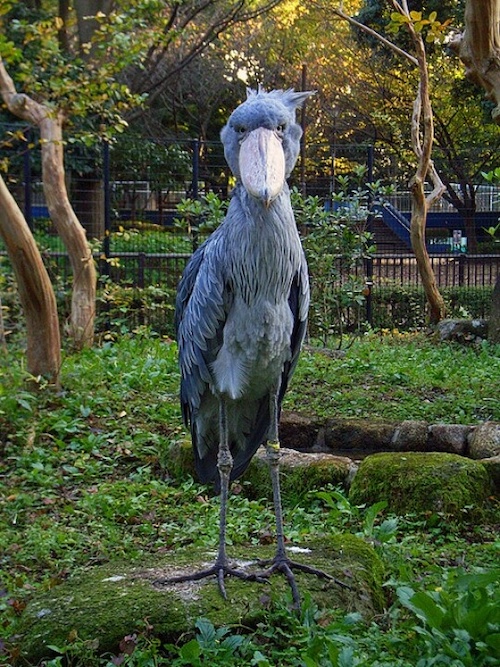
(quote)
“Let us protect our children; and let us not allow them to grow up into emptiness and nothingness, to the avoidance of good hard work, to introspection and analysis without deeds, or to mechanical actions without thought and consideration. Let us steer them away from the harmful chase after material things and the damaging passion for distractions… Let us educate them to stand with their feet rooted in God’s earth, but with their heads reaching even into heaven, there to behold truth.” – Friedrich Frobel
Friedrich Wilhelm August Fröbel or Froebel was a German pedagogue, a student of Johann Heinrich Pestalozzi, who laid the foundation for modern education based on the recognition that children have unique needs and capabilities. He created the concept of the kindergarten and coined the word, which soon entered the English language as well. He also developed the educational toys known as Froebel gifts.
The name Kindergarten signifies both a garden for children, a location where they can observe and interact with nature, and also a garden of children, where they themselves can grow and develop in freedom from arbitrary imperatives.
In 1837, having developed and tested a radically new educational method and philosophy based on structured, activity based learning, Froebel moved to Bad Blankenburg and established his Play and Activity Institute which in 1840 he renamed Kindergarten.
Kindergarten has three essential parts:
* creative play, which Froebel called gifts and occupations)
* singing and dancing for healthy activity
* observing and nurturing plants in a garden for stimulating awareness of the natural world
Prior to the 19th century, few people thought to educate children before the age of seven. So it was a big idea indeed when the German educator Friedrich Fröbel (1782-1852) opened the first kindergarten in 1837, grounded in “play and activity” and the nurturing of creativity through the systematic deployment of a sequence of “gifts” (coloured balls, geometrical building blocks, mosaic tiles, etc). Fröbel was using nature as the model of perfection to educate children. His goals were to teach children how to learn, observe, reason, express and create through play, employing philosophies of unity and interconnectedness. Kindergarten grew to become a familiar institution throughout the world by the end of the 19th century.
[…] Although the kindergarten quickly became widespread in America and Europe, Fröbel received little or no credit for his momentous invention. Born in Oberweissbach in central Germany, Fröbel was trained in science and became a teacher at a model school in Frankfurt in 1805. He studied with the Swiss educator Johann Pestalozzi – the first to translate Rousseau’s radical educational philosophy into practice – and developed a distrust of formal education as he began to put faith in children’s ability to learn through play, or activities that they initiated and directed themselves. He was unique at the time in believing that young children should receive some education before they entered school. He called his program ‘kindergarten’, or ‘children’s garden’, a name he came up with during a walk in the woods, and opened his first one in 1837.
Fröbel created songs and games for mothers to use with their infants (‘This Little Piggy’ and ‘Happy Birthday’ apparently have a Fröbelian ancestry). He offered no formal instruction in morals and character, but thought that children naturally acquired such traits by caring for living things like the plants and animals that have become a fixture in most kindergarten classrooms. Perhaps Fröbel’s most important contributions to early childhood education were what he called his ‘gifts’ (objects ranging from simple forms like spheres, cubes and cylinders to entire sets of wooden geometric blocks in different sizes and colors) and ‘occupations’ (the ways these materials could be manipulated by children). One ‘gift’, for instance, was a wooden pin that children could use to create patterns by punching small holes in sheets of paper, and Fröbel’s kindergartners used sticks and dried peas much the way modern children use Tinker Toys. […] What Fröbel hoped to achieve with these tools – and with the kindergarten experience as a whole – was not the instruction of isolated facts and skills but ‘the creation of a sensitive, inquisitive child with an uninhibited curiosity and genuine respect for nature, family and society.” (David Elkind, Play’s the Thing, New York Times, 7/09/1997, reviewing Norman Brosterman’s “Inventing Kindergarten”)
(unquote)
Image courtesy froebel.com.au






